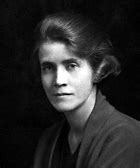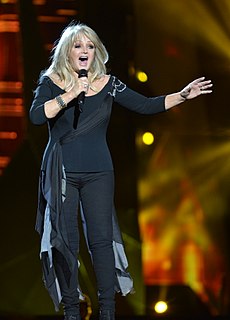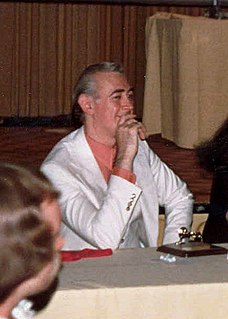A Quote by Jordan Peterson
I like working-class people, generally speaking.
Related Quotes
It used to be that the working class, broadly speaking - Americans who worked with their hands, who worked in factories, who were not in management - were an interest group, a political interest group. And their main spokespersons were the Democrats. Their platform was the Democratic Party. And that began to change after the 1960s. Not for black or other working class Americans, but for white working class.
The People's democratic dictatorship needs the leadership of the working class. For it is only the working class that is most far-sighted, most selfless and most thoroughly revolutionary. The entire history of revolution proves that without the leadership of the working class revolution fails and that with the leadership of the working class revolution triumphs.
I suppose I don't have to work, but I do love working. I class myself as a working-class girl, and I've never stopped working. When I'm offered shows here, there and the other, I do an awful lot because I feel other people would love to be offered what I'm offered; who am I to say no? I'm definitely working class, and I always will be.
The really successful work in England tends to be working-class writers telling working-class stories. The film industry has been slow to wake up to that, for a variety of reasons. It still shocks me how few films are written or made in England about working-class life, given that those are the people who go to movies.
If I'm very drunk, I can improvise. But generally speaking, no. Generally speaking, almost all of my work is material that was first done on the printed page. And the shorter ones that you might call poems, I had a stretch from '79, '80, for five or six years, where I wrote a lot of poetry as such. Simply because I was asked to.






































